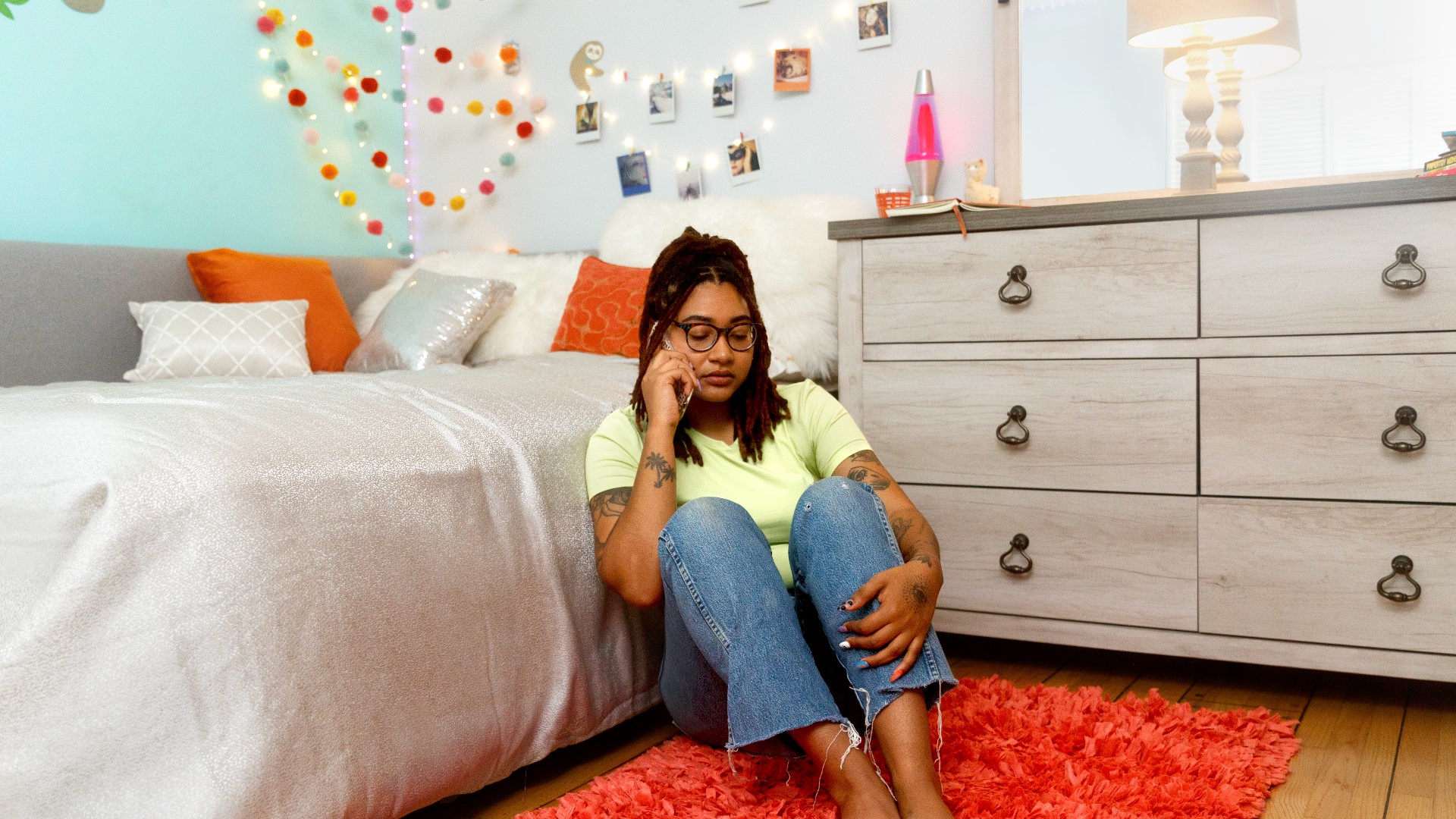ATLANTA — While we celebrate Pride month in Atlanta, we are also raising awareness about issues impacting the LGBTQ community.
One of those issues is mental health.
A new survey found 42 percent of LGBTQ youth considered attempting suicide this past year, according to the Trevor Project, the world's largest suicide prevention organization for LGBTQ people.
The CEO of the Trevor Project said the problem centers around access. He said the group's national survey found more than half of LGBTQ youth want mental health resources but have trouble accessing it.
"This is really a public health crisis," Amit Paley said. "We need to make sure that we are raising awareness and providing resources to support LGBTQ young people."
There are a number of barriers to accessing care, Paley said. This includes limited access to services because they don't exist or they lack the right care because their family does not support them.
He said it's important to talk about these issues to help LGBTQ youth gain access to the resources they need to better their mental health.
"When things are kept in the closet and kept in the dark, people can't get help and support," he said. "We want LGBTQ young people to know that there are other people like them in the world and that there are people who love them and support them and are proud of them."
Research found one accepting adult in an LGBTQ person's life can reduce their risk of suicide by 40 percent, Paley said.
"You can help save lives and reduce the risk of suicide by just being an accepting and loving person," he said.
He said you can also support the LGBTQ community by reducing the stigma around asking for mental health help.
"If we keep having taboo and stigma, people feel afraid to get help people feel afraid to ask for support," he said. "It's really important that we encourage everyone to reach out for help when they need it. It's brave to ask for help."
Help is always available. The Trevor Project has a 24/7 crisis line. You can reach out to a counselor at any time. Text "START" to 678-678 or call 1-866-488-7386.
You can also call the National Suicide Prevention Lifeline at 800-273-8255.

